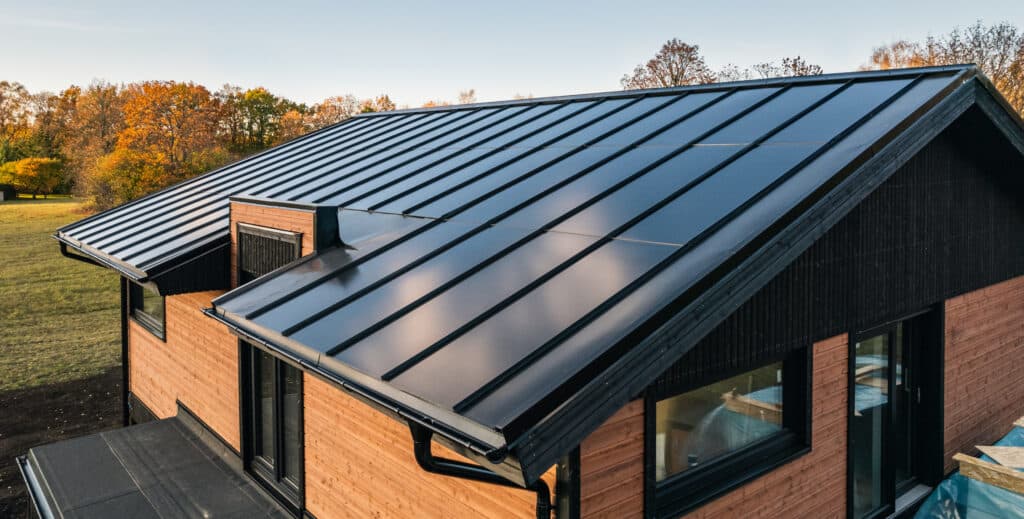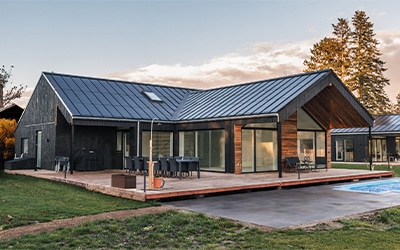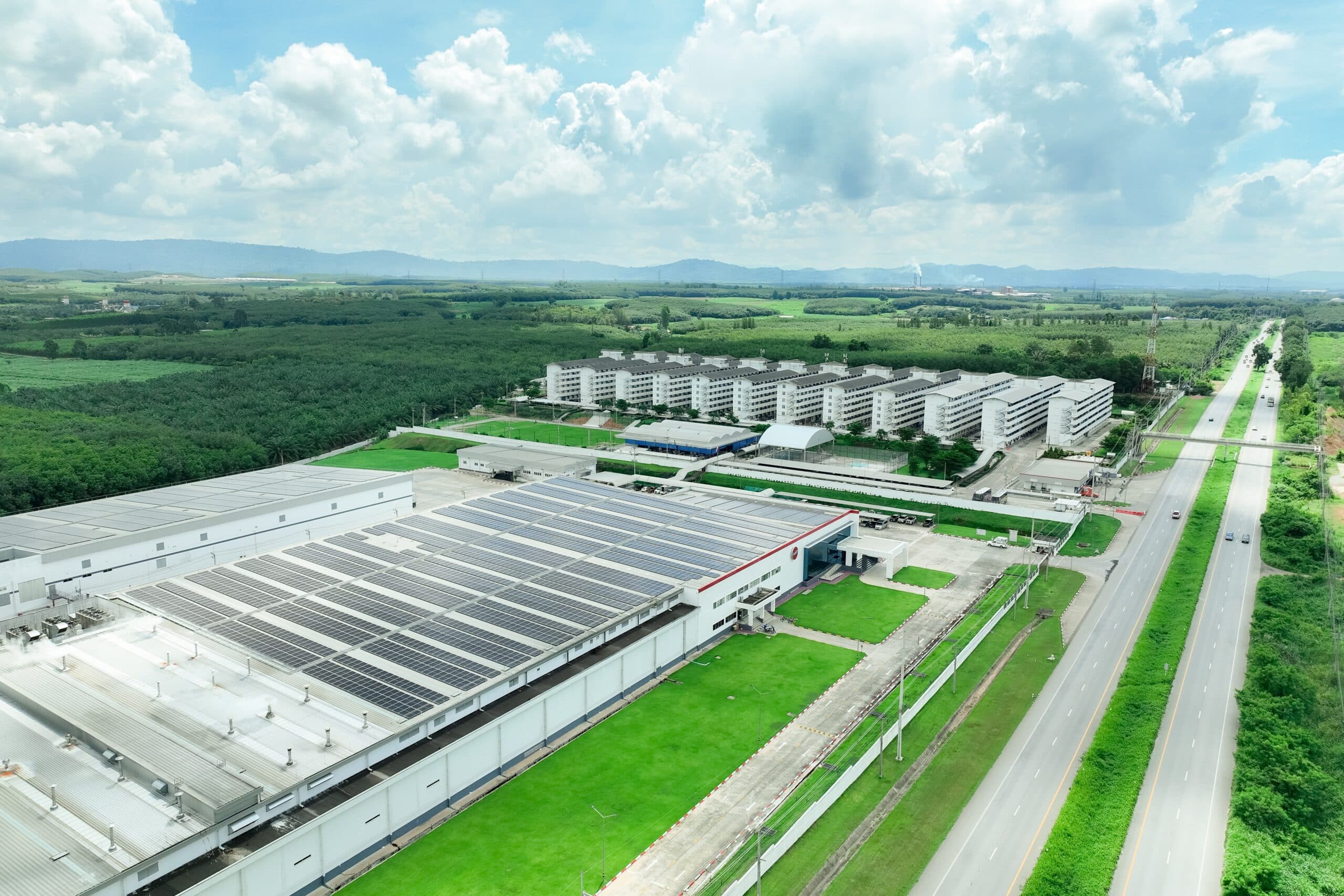Are you considering installing an Air Source Heat Pump (ASHP) but worried about the cost? Don’t worry; there are grants available to help!
In this article, we’ll explore the various grants you can apply for to make your ASHP installation more affordable. From explaining the importance of ASHPs to providing a step-by-step guide on how to apply, we’ve got you covered.
So, let’s dive in and discover what grants are available for ASHPs.
Understanding the Value of Air Source Heat Pumps (ASHPs)
Understanding the importance of using air source heat pumps (ASHPs) can greatly benefit you in terms of energy efficiency and cost savings.
ASHPs are an innovative technology that extracts heat from the outside air and transfers it indoors to heat your home during the colder months. By utilising heat from a renewable source, ASHPs reduce the need for traditional heating methods, such as fossil fuels or electric resistance heating.
This helps lower your carbon footprint and decreases your energy consumption, resulting in significant cost savings on your utility bills. ASHPs can also be used to cool your home during the hot summer months, providing year-round comfort and versatility.
Embracing ASHPs is a smart choice that will benefit the environment and your wallet.
Overview of ASHP Technology in the UK
Discover the benefits of ASHP technology in the UK and how it can save you money on heating and cooling costs. ASHPs offer an efficient and environmentally friendly solution for your home’s heating and cooling needs.
Here are three key advantages of ASHP technology:
1. Energy savings: ASHPs extract heat from the air outside and transfer it into your home. This process requires less energy compared to traditional heating systems, resulting in significant cost savings on your energy bills.
2. Versatility: ASHPs can provide both heating and cooling, making them a versatile option for year-round comfort. They can efficiently heat your home during winter and cool it down in the summer, eliminating the need for separate heating and cooling systems.
3. Reduced carbon footprint: ASHPs use renewable energy from the air, reducing greenhouse gas emissions and contributing to a greener environment. By choosing ASHP technology, you can play a part in reducing your carbon footprint and protecting the planet.
With these benefits, ASHP technology is a smart choice for homeowners in the UK looking to save money and reduce their environmental impact.
The Role of Grants in Promoting ASHP Adoption
You may be wondering how grants play a role in promoting the adoption of ASHP.
The government has taken initiatives to support the installation of ASHP by offering various grants. These grants aim to make ASHP more affordable and accessible to homeowners and businesses nationwide.
Government Initiatives Supporting ASHP Installation
To support the installation of ASHP, government initiatives provide grants that play a crucial role in promoting the adoption of this energy-efficient technology. These grants aim to encourage homeowners, businesses, and organisations to invest in ASHP systems by providing financial assistance.
Here are three key ways in which government grants support ASHP installation:
1. Financial Assistance: Grants help offset the upfront costs of purchasing and installing ASHP systems, making them more affordable for individuals and businesses.
2. Incentives for Energy Efficiency: Government grants often come with requirements for energy efficiency standards. By offering grants, the government encourages adopting ASHPs, known for their energy-saving capabilities.
3. Environmental Benefits: Grants also promote using ASHPs as a more sustainable alternative to traditional heating and cooling systems. By incentivising their installation, governments contribute to reducing greenhouse gas emissions and promoting cleaner energy solutions.
The Types of Grants Available for ASHP in the UK
Grants in the UK play a crucial role in promoting the adoption of ASHP by providing financial assistance to individuals and businesses looking to invest in this energy-efficient technology. Various types of grants are available for ASHP in the UK, each designed to support different aspects of ASHP installation.
The Boiler Upgrade Scheme
For residents in England or Wales, your installer can secure a grant of £7,500 under the Boiler Upgrade Scheme, effectively reducing the expenses associated with the installation of your air source heat pump. This initiative extends its coverage to heat pump installations completed by the end of March 2028.
Home Energy Scotland
In Scotland, residents can apply for an air source heat pump grant through Home Energy Scotland. This program provides grants amounting to £7,500, with an additional increment to £9,000 for individuals in remote areas eligible for the rural uplift.
Furthermore, in Scotland, there is the possibility of applying for an interest-free loan of up to £7,500 to cover any remaining costs. Consequently, Scotland households can potentially access up to £15,000 in financial assistance to install an air source heat pump.
ECO4 Scheme
Both Scotland and Wales offer grants for low-income households. Those receiving government benefits may qualify for supplementary support through the ECO4 scheme.
These grants make ASHPs more affordable and encourage their widespread adoption, leading to a greener and more sustainable future.
Eligibility Criteria for ASHP Grants
Applicants for ASHP grants must meet specific eligibility criteria to be considered for funding. To ensure that you qualify for a grant, here are the key requirements you need to fulfil:
Residential Criteria
You must own a residential property in the UK and have the legal authority to make changes to it. This could include homeowners, landlords, and tenants with permission from their landlords.
Technology Criteria
Your property must be suitable for installing an Air Source Heat Pump (ASHP). This involves factors such as available space, insulation standards, and the current heating system. Some key factors to consider include:
- Insulation Quality: Well-insulated homes enhance ASHP efficiency and reduce energy consumption.
- Heat Distribution System: Compatibility with underfloor heating or low-temperature radiators maximises ASHP effectiveness.
- Outdoor Space: Adequate space is needed for proper ASHP installation, ensuring air circulation and ventilation.
- Energy Efficiency: The overall efficiency of existing systems, windows, and doors impacts ASHP performance.
- Local Planning Regulations: Check for guidelines or restrictions on ASHP installation in your area.
- Noise Considerations: Evaluate if the property layout can accommodate ASHP noise levels without causing disturbances.
- Climate Conditions: Assess how well ASHPs perform in your specific local climate.
- Financial Considerations: Evaluate upfront costs, potential savings, and available grants or incentives for ASHP installation.
Understanding and addressing these factors are vital in determining the suitability of a property for ASHP installation and optimising its performance.
Step-by-Step Guide to Applying for ASHP Grants
The process for applying for an ASHP through the Boiler Upgrade Scheme works as follows:
- Eligibility Check: Confirm eligibility criteria, typically related to the existing heating system and property type.
- Select Qualified Installer: Choose a certified installer registered under the Boiler Upgrade Scheme.
- Installer Application: The selected installer submits the application for the ASHP grant on behalf of the homeowner.
- Grant Approval: Upon review, the scheme approves the grant application, and the installer receives confirmation.
- Installation Process: The approved installer proceeds with the ASHP installation according to the scheme’s guidelines.
- Claiming Grant: After successful installation, the installer claims the grant on behalf of the homeowner.
- Grant Disbursement: Once the claim is processed, the grant funds (e.g., £7,500) are disbursed to the installer.
- Homeowner Responsibilities: Homeowners may need to provide necessary documentation and information during the process.
- Completion and Compliance: The installation must comply with scheme standards, and a completion certificate may be required.
- Post-Installation Inspection (if applicable): Some schemes may conduct post-installation inspections to ensure compliance and system functionality.
- Enjoying the Benefits: Homeowners can now enjoy the benefits of an energy-efficient ASHP, often with reduced installation costs.
When exploring what grants are available for ASHPs, staying informed about scheme updates, following the application process diligently, and working closely with the chosen installer for a seamless transition to an ASHP under the Boiler Upgrade Scheme is essential.
Learn More About ASHPs With Smartly
If you’re looking to install an Air Source Heat Pump (ASHP) in the UK, grants are available to help you.
These grants are crucial in promoting the adoption of ASHP technology, which is important for reducing carbon emissions and increasing energy efficiency.
If you need help understanding or applying for grants, get in touch with the experts at Smartly Energy for more information. We’re happy to discuss our AHSP options, installation processes and how we can assist you with getting funding.
As UK leaders in the renewable energy sector, we’re passionate about helping people optimise their homes for a greener, carbon-neutral future.
ASHP FAQs
How does an ASHP work?
ASHPs absorb heat from the outside air using a refrigerant, which is then compressed to increase its temperature. The heated refrigerant is used to warm air or water, providing heating for the indoor space. In warmer months, the process can be reversed for cooling.
What are the benefits of using an ASHP?
ASHPs are energy-efficient, environmentally friendly, and can lower heating costs. They provide both heating and cooling, reduce carbon emissions, and may qualify for various government incentives and grants.
Are ASHPs suitable for all climates?
Yes, ASHPs can operate efficiently in a range of climates. While their efficiency may decrease in extremely cold temperatures, advancements in technology have improved their performance, making them suitable for use in various regions.
How do ASHPs compare to traditional heating systems?
ASHPs are often more energy-efficient than traditional systems, as they move heat rather than generate it. They can provide both heating and cooling, potentially reducing utility bills and carbon footprints.
What factors affect the efficiency of an ASHP?
The insulation quality of the building, the distribution system (e.g., underfloor heating), outdoor space for unit installation, and the overall energy efficiency of the property can impact the efficiency of an ASHP.
Can I replace my existing heating system with an ASHP?
In many cases, yes. However, it’s essential to assess your property’s suitability and consider factors like insulation, existing heating infrastructure, and local regulations before making the switch.
How noisy are ASHPs during operation?
ASHPs generate some noise, but modern models are designed to be relatively quiet. The noise level depends on the specific model and installation, and it’s often comparable to common household appliances.
How long does it take to recoup the investment in an ASHP through energy savings?
The payback period varies based on factors like energy consumption, existing heating system efficiency, and local energy costs. On average, homeowners can recoup their investment within 5 to 10 years through energy savings.
Are there maintenance requirements for ASHPs?
ASHPs generally have lower maintenance requirements compared to traditional heating systems. Regular checks, filter cleaning or replacement, and occasional professional inspections are recommended to ensure optimal performance.
What is the lifespan of an ASHP?
The average lifespan of an ASHP is around 15 to 20 years. Proper maintenance and timely repairs can contribute to extending the system’s longevity.
Can I install an ASHP myself, or do I need a professional installer?
ASHP installations require professional expertise. Certified installers ensure proper sizing, system configuration, and compliance with local regulations, maximising the efficiency and effectiveness of the ASHP.



